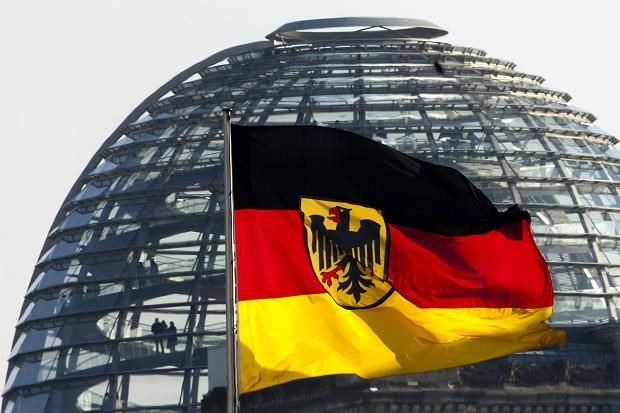Germany’s Central Bank Cuts 2013 Growth Forecast To 0.3% For Europe’s Economic Powerhouse; It Also Cut 2014 Estimated Growth To 1.5%

The German economy will grow at a slower pace this year and next year than previously expected, the Bundesbank said on Friday.
Europe’s largest economy is now expected to grow 0.3 percent in 2013 and 1.5 percent next year, down from the Frankfurt-based central bank’s estimates of 0.4 percent and 1.9 percent.
But the bank put a positive spin on this downgrade.
“The outlook for the German economy has become brighter again following the slowdown towards the end of 2012. The world economy will gain momentum in the course of this year. In the euro area, too, the economy appears to be bottoming out,” the bank said, pointing to improvements in the German labor market and wages and an easing of inflation.
The bank said however that “continuing structural problems” in the euro zone are weighing on the rebound. Earlier this week the International Monetary Fund leaned on France to speed reforms to lower labor costs in Europe’s second largest economy, which is expected to contract by 0.2 percent and is facing an unemployment rate of 10.8 percent. Germany’s jobless number stood at 6.9 percent in May.
At best the German economy faces lackluster growth for the year. Jennifer McKeown, senior European economist for Capital Economics, explains why:
There are several reasons for caution. Both the manufacturing PMI [Purchasing Managers’ Index] survey and industrial new orders data point to stagnation or renewed falls in industrial output ahead. And even assuming that the industrial recovery gathers pace, increases in unemployment and weak retail sales suggest that this might be offset by continued weakness in the service sector. In all, we continue to expect the German recovery to be very modest.
Read the full statement from Bundesbank here.
© Copyright IBTimes 2025. All rights reserved.






















